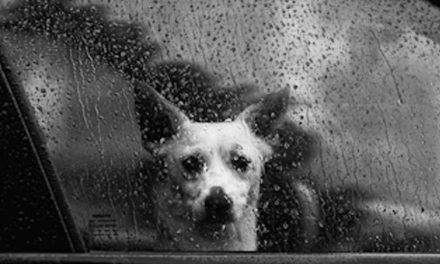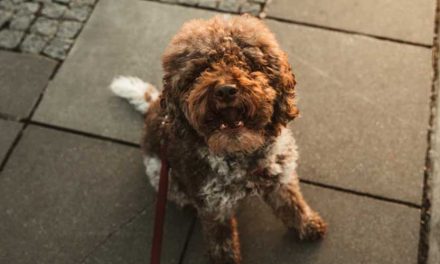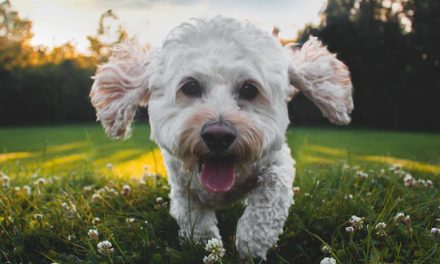The Falklands War, fought between the United Kingdom and Argentina in 1982, is often remembered for its fierce battles and strategic challenges.
However, one aspect that often goes overlooked is the significant role played by dogs during this conflict.
Working alongside soldiers and supporting various operations, these canine companions proved to be invaluable assets in several capacities.
The Use of Dogs in Military Operations
In the Falklands War, dogs were primarily employed for their unique abilities in search and rescue, tracking, and detection.
Military working dogs, especially breeds known for their intelligence and agility, were utilized to enhance the effectiveness of military operations.
Their keen senses allowed them to sniff out explosives, locate injured personnel, and perform search and rescue missions in the challenging and often treacherous terrain of the Falklands.
Search and Rescue Missions
One of the most prominent roles of dogs during the war was in search and rescue operations.
After the bombing of ships and other military assets, dogs were utilized to locate trapped or injured soldiers amidst the wreckage.
Their ability to navigate through debris and their instinctual understanding of human distress made them invaluable during critical moments.
In certain instances, these dogs saved lives by guiding rescuers directly to those in need.
Tracking and Patrol
Military dogs also played a crucial role in tracking enemy movements and patrolling secure areas.
Their acute sense of smell and ability to detect unfamiliar scents allowed them to alert soldiers of potential threats.
This capability was vital in the dense and foggy conditions that often characterized the Falklands, where visibility was limited.
The presence of a trained dog could significantly enhance a unit’s situational awareness, providing a tactical advantage in various operations.
Morale Boosters
Beyond their operational roles, dogs served an essential psychological function during the Falklands War.
Combat can be a harrowing experience, and the companionship of dogs provided soldiers with emotional support and comfort.
Pets can foster a sense of normalcy in chaotic environments, and having a dog around contributed positively to the morale of troops.
The bond between soldiers and their canine companions often helped alleviate stress and anxiety, which was crucial in maintaining fighting spirit.
Legacy and Recognition
After the conclusion of the Falklands War, the contributions of military dogs began to receive the recognition they deserved.
Stories of heroism and loyalty spread, and dogs like “Poppy,” a Labrador Retriever that served in the conflict, became symbols of the sacrifices made during the war.
Their service highlighted the importance of working dogs in military operations and helped establish more comprehensive training programs and protocols for the use of dogs in future conflicts.
Conclusion
The role of dogs in the Falklands War illustrates their significance beyond mere companionship; they are true partners in military operations.
The bravery and loyalty of these animals have contributed immensely to the effectiveness and morale of soldiers in the field.
As we reflect on the Falklands War, it is essential to remember not just the human sacrifices but also those remarkable dogs that played a pivotal role in the conflict.
Their legacy continues to influence military practices today, ensuring that these loyal canines remain integral to the armed forces around the world.









